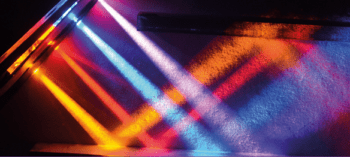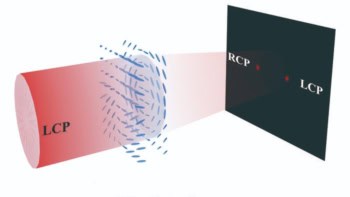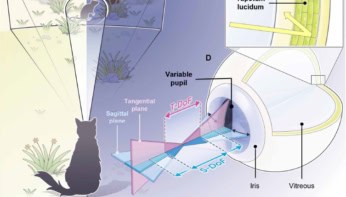Learn how to implement optical modulation and detection techniques with a reconfigurable, FPGA-based device
Want to learn more on this subject?

As the world becomes more connected by global communications networks, the field of free-space optical communications has grown as an alternative to traditional data transmission via RF frequencies. While optical communications setups deliver scalability and security advantages along with a smaller infrastructure footprint, they also bring distinct challenges, including attenuation, interference, and beam divergence.
During this presentation, Liquid Instruments will give an overview of the FPGA-based Moku platform, a reconfigurable suite of test and measurement instruments that provide a flexible and efficient approach to optical communications development. You’ll learn how to use the Moku Lock-in Amplifier and Time & Frequency Analyzer for both coherent and direct detection of optical signals, as well as how to frequency-stabilize lasers with the Laser Lock Box.
You’ll also see how to deploy these instruments simultaneously in Multi-instrument Mode for maximum versatility, plus digital and analog modulation methods such as phase-shift keying (PSK) and pulse-position modulation (PPM) covered in a live demo.
A Q&A session will follow the demonstration.
Want to learn more on this subject?

Jason Ball is an engineer at Liquid Instruments, where he focuses on applications in quantum physics, particularly quantum optics, sensing, and computing. He holds a PhD in physics from the Okinawa Institute of Science and Technology and has a comprehensive background in both research and industry, with hands-on experience in quantum computing, spin resonance, microwave/RF experimental techniques, and low-temperature systems.




